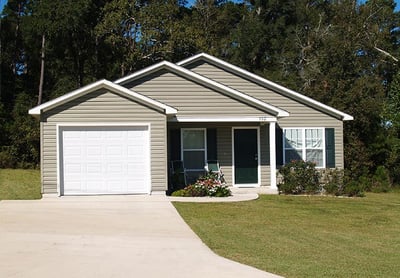Are Opportunity Zone Funds Still Available?

Qualified Opportunity Zones came to be as part of the 2017 Tax Cuts and Jobs Act (TCJA). Some key elements of the TCJA are:
Are Capital Gains Distributions Eligible for Opportunity Zones?

Capital gains distributions differ from capital gains, but the gain is taxable in each case. A capital gain can be short or long-term, depending on whether you owned the asset for over a year. Good examples of capital gains include selling stock, real estate, or collectibles for more than you paid.
What is The Deferral Period for Opportunity Zones?

The Qualified Opportunity Zone Program (QOZ) allows investors to “do good” by putting their capital gains into economically challenged areas. The program, introduced in 2017, also offers various tax benefits to QOZ investors. One of these is the step-up in basis, which ended in late 2021.
What are the Opportunity Zone Benefits for Developers?

Developers can reap multiple rewards from Opportunity Zones. The advantages come in three forms: significant tax savings, effective capital raising, and strategic marketing leases. The primary allure is the substantial tax savings; when a developer has capital gains, they can invest directly into a Qualified Opportunity (QO) Fund in a relevant project. By doing so, they can tap into the full range of tax benefits that Opportunity Zones offer, maximizing their investment.
What is the Opportunity Zone 30-Month Rule?

Selling a highly appreciated investment property can bring a significant financial windfall, but long-term capital gains taxes can erode a hefty portion of your profits.
Opportunity Zone Business Requirements: What You Need to Know

Opportunity zones (OZs) have brought investors (who have been lucky enough to invest in them) generous tax benefits. A lot has been discussed about investing in qualified opportunity zone funds (QOZFs) and the tax benefits investors get from such investments.






